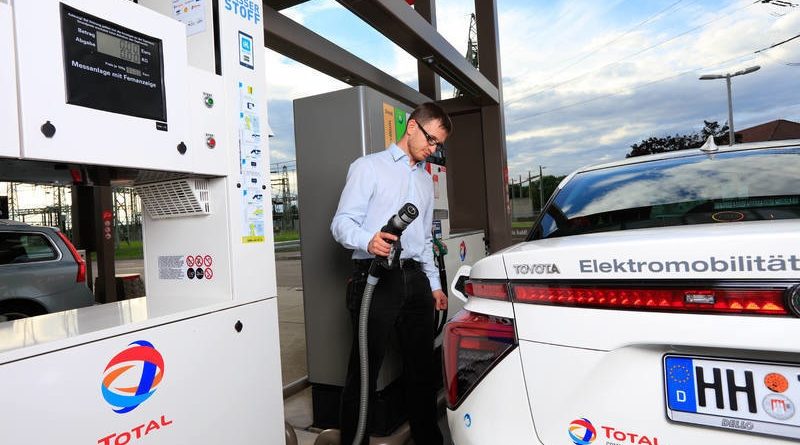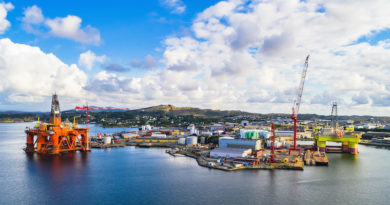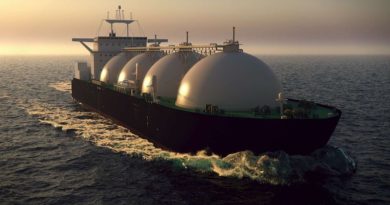
Total, an innovative multi-energy & services provider for the future of mobility
Over half of the oil consumed in the world today is used to move people and goods. This percentage continues to grow as alternative energies for power generation and domestic use are developed.
Oil has been used almost exclusively for ground, sea and air transportation. The remarkable energy density of hydrocarbons and the ease of moving, storing and distributing them are the reasons we rely on them for over 90% of our energy in that sector.
After a long unbroken stretch of nearly a century, transportation is experiencing a major transformation.
Climate issues, evolving habits and services, alternative energy use and innovative technologies will radically reshape the sector.
Growing Demand
Energy demand for transportation is a fast growing market. Widely accepted assumptions project that the current 1 billion fleet of cars on the road will more than double worldwide by 2040. Emerging economies will be the biggest growth drivers.
Their very low car ownership rates less than 150 cars per 1,000 inhabitants in China and fewer than 30 in India fall far short of OECD countries’ 400 to 600 vehicles per 1,000 people.
Since goods shipping requirements correlate directly with global GDP growth, we can expect this to nearly double within 25 years.
Energy Efficiency, the Top Driver
Improving energy efficiency is and will long remain the primary engine to shrink transportation’s environmental footprint.
Whether spurred by regulatory restrictions, such as the ones on cars in Europe, or by economics for marine and air transportation, this improvement has clearly demonstrated its impact in the last 10 years.
Energy efficiency goals are now global and affect all types of transportation, including trucks in the near future in the European Union and certainly marine shipping & aviation over the next decade.
For the road transport, efforts should continue on improving combustion engines while scaling up EV, PHEV for a smart combination of solutions, therefore optimizing costs, CO2, air quality in the coming decades in order to reach ambitious climate targets.
It is possible to lower consumption down to 2 liters per km for an average car, which is largely competitive compared to EV including in terms of CO2 footprint for their entire lifecycle (including construction and end-of-life phases).
A Mix of Alternative Solutions
Rather than relying on liquid hydrocarbons, a mix of different energy sources and their storage methods will co-exist in the future:
electric vehicles for Europeans for an average daily use of 40 kilometers and electric buses in our city centers & suburbs, trucks that will more likely run on natural gas, with a growing share of biogas (and potentially electricity for the last mile).
Liquid biofuels will be adopted for air transportation, which has more demanding requirements and is harder to find substitutes for.
How fast these alternatives penetrate markets will be determined by a complex combination of their ability to meet needs, regulatory requirements, changes to the production base and infrastructures, behavioral and social acceptability, creation of energy supply points and economics.
Alternative solutions will very likely not capture more than 20 to 30% of the main markets by 2040, which is already quite a substantial evolution.
New Behaviors
On top of this technological metamorphosis, mobility habits are also radically changing. That model is evolving very quickly from ownership to usage. It powerfully fast-tracks new forms of mobility such as car-sharing, ride-sharing and multimodal transportation, with obvious impacts on energy demand (vehicles better suited to purpose with improved filling systems, faster fleet turnover, etc.).
Total, an innovative multi-energy and solutions provider
As an energy supplier, Total has the ambition, credibility and resources to support all these changes in the transportation sector.
First, we boost the efficiency of internal combustion engine vehicles by supplying lighter materials, lubricants and high-performance fuels for cleaner, more fuel-efficient engines.
Beyond the supply of energy (petroleum products, electricity, natural gas, hydrogen, …), the entire customer delivery infrastructure needs to be rethought. The number of public charging points, for instance, will need to be adjusted between public domain and private locations (home, regular parking spots) where a high proportion of EV charging will be done.
Total has already started to install connected and “smart” charging points.
In parallel, new Liquefied and Compressed Natural Gas (LNG and CNG) stations have to be built along major highways and in the main seaports.
Total is doing a lot to make this happen through major investment plans to address new needs in Europe and North America.
Total is also taking advantage of every available digital resource to make it easier for customers to transition. An example is “one bill for electricity,” regardless of whether you access the power at home, in a parking lot or service station, or on public road.
Likewise, it is vital to offer a single fleet management package to all business customers with fleets made up of both internal combustion engine (gasoline, diesel and gas) and electric vehicles.
Total is also the owner of Saft, the leading developer and manufacturer of batteries in Europe.
Saft has been making high technology batteries for 100 years and is currently spear-heading a strategic R&D project on the battery of the future (solid state technology) within the framework of the EU battery initiative led by vice-president Sefcovic
EU institutions are currently finalizing a major legislative package on mobility for the next decade in consistency with the Paris agreement.
It is important to stress that the all-electric current trend should be rebalanced into a smart combination of solutions, under the principle of technology neutrality, while optimizing environmental footprints with social needs, competitiveness and societal acceptability.




